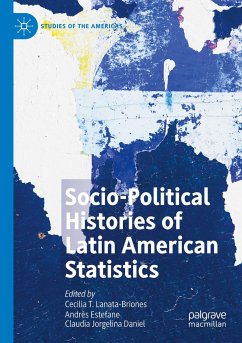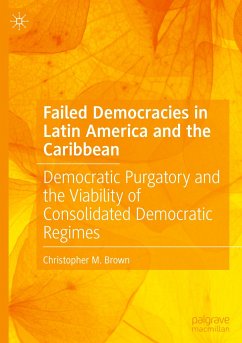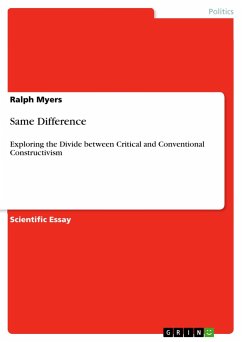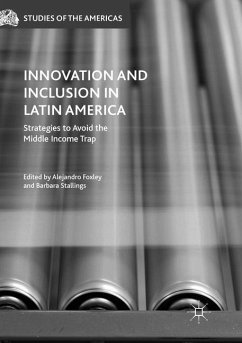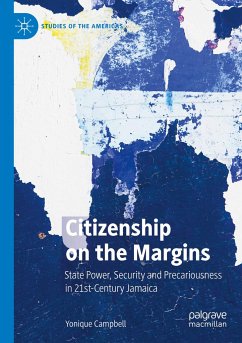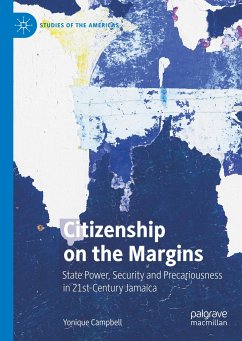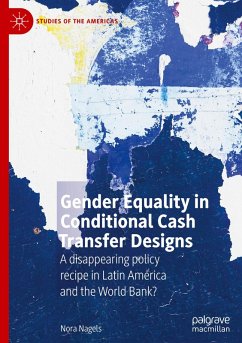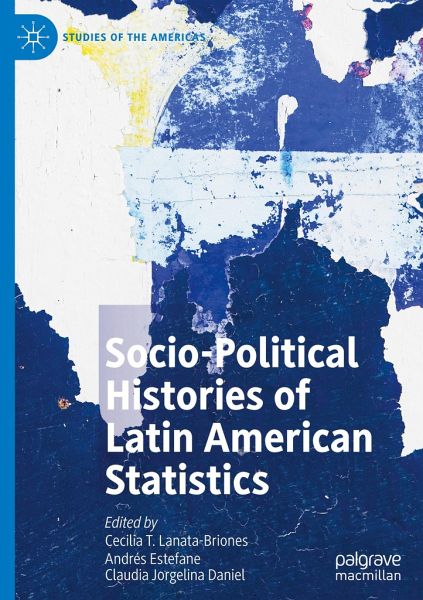
Socio-political Histories of Latin American Statistics

PAYBACK Punkte
49 °P sammeln!
This book brings together recent research on the sociopolitical history of Latin American statistics from the nineteenth to the first half of the twentieth century. Reflecting the influence of social constructivism in the social sciences, it sheds new light on the historical emergence and development of both statistical reasoning and practices within a region traditionally seen as a passive consumer of foreign-produced theories and methods. By analysing the processes of institutionalisation of statistics in different national spaces, from Mexico to the Southern Cone, these studies show the uni...
This book brings together recent research on the sociopolitical history of Latin American statistics from the nineteenth to the first half of the twentieth century. Reflecting the influence of social constructivism in the social sciences, it sheds new light on the historical emergence and development of both statistical reasoning and practices within a region traditionally seen as a passive consumer of foreign-produced theories and methods. By analysing the processes of institutionalisation of statistics in different national spaces, from Mexico to the Southern Cone, these studies show the unique ways in which Latin America adapted and used this modern tool of government and social classification to build political regimes and scientific arenas. The early enthusiasm for enumerating reality, the regular production of statistics and censuses, and the role of the region in the global transformation of this knowledge are some of the aspects reviewed to grasp the contingent dynamic of these dialogues and appropriations. Thus, Socio-political Histories of Latin American Statistics seeks to offer new insights into the divergent regional trajectories of this discipline, advancing towards an understanding of statistics and its past from a truly global perspective.



